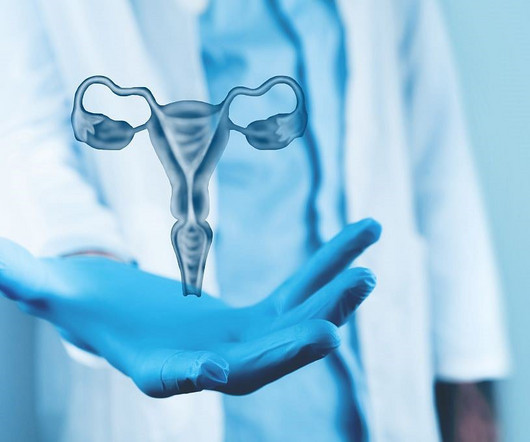Mailed Self-Collection Kits Increase Rates of Cervical Cancer Screening
Physician's Weekly
JUNE 11, 2025
The analysis included 2,474 individuals overdue for cervical cancer screening and randomly assigned to a telephone reminder (TR) for clinic-based screening (828 individuals), TR with mailed SC (828 individuals), or TR with mailed SC and patient navigation (818 individuals). Montealegre, Ph.D., percent in the TR group, 41.1












Let's personalize your content